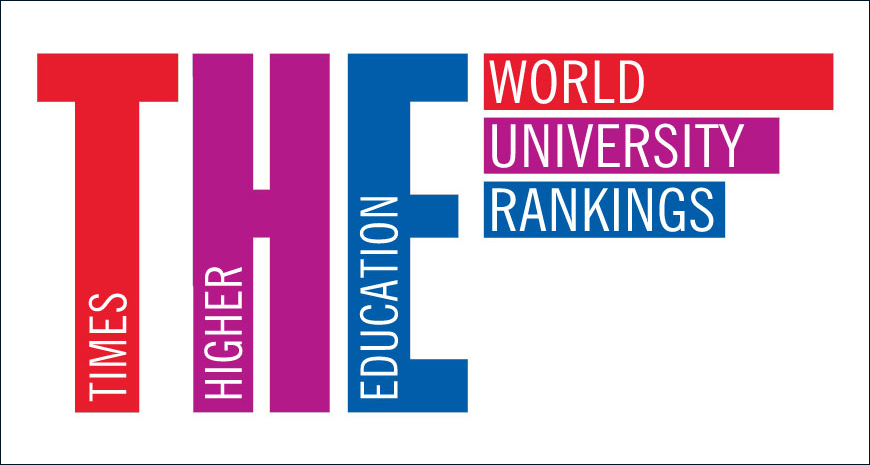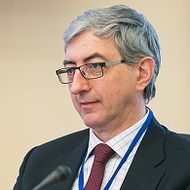HSE University Enters Top-50 of THE Young University Rankings

HSE University takes 41st place and becomes the only Russian university on the Top-50 of Times Higher Education Young University Rankings.
HSE University has jumped almost 20 positions up, which is very hard to achieve inside the Top-100, since the competition between universities increases exponentially in the higher tier of the ranking. Mere three years after entering the Top-100 of young universities, HSE University has demonstrated spectacular growth, improving its standing by 55 positions. This year, HSE University has improved its results across almost all ranking metrics. The biggest growth was in the metrics that evaluate research and education.
Yaroslav Kuzminov, HSE University Rector

HSE University has been representing Russia in THE Young University Rankings for a few years now. Of course, this is our achievement, but also a major responsibility. For us, it is essential not only to move up, but to share the best practices with the whole system of higher education in Russia. If the country has a dozen or even several dozens strong universities, the situation won’t change drastically. Each Russian higher education institution should have access to advanced knowledge and an opportunity to deliver it to its students. This is the only way for us to make our universities recognized globally and to compete with the leading international universities.
Phil Baty, Chief Knowledge Officer at THE, said: ‘The THE Young University Rankings judge world-class research universities across the same rigorous and comprehensive range of 13 separate performance indicators as the traditional THE World University Rankings, but they are specially calibrated to examine the strengths of the next generation of universities—those who have not had the benefit of centuries of history and reputation-building, but who are nevertheless starting to compete successfully on the world stage with older institutions. So on these terms, it is great not just to see HSE listed as one of the world’s rising star universities, but that HSE is rising among the rising stars. HSE’s significant move up this list, comfortably into the world top 50, is a great achievement, and I hope, indicative of a bright future for the institution, which is good news for Russia as a whole’'
Eric Maskin, Chairman of the HSE International Advisory Committee, Nobel Prize winner in economics, commented: ‘The Higher School of Economics has been working hard the last few years to improve both its research and teaching programs. Given all the improvements the university has made, I am not surprised – but nevertheless gratified – to see that it has moved from 60th to 41st in the world according to Times Higher Education’s Young Universities Ranking.'
This year, HSE University was supposed to host the THE Young University Summit for the first time, but due to the pandemic, it has been postponed until 2021.
Ivan Prostakov, HSE University Vice Rector

Of course, we are sorry that we cannot hold the summit this year. But its delay does not change the idea of the forum, the topic of which will remain the same: Local Impact, Global Influence. In the changing context of the global university environment, it not only stays relevant, but may get new interpretations. In fact, such topics as Student Experience and Digital Innovations or Social Mission of Global Universities, and many others, which we were going to discuss today, will acquire a completely new meaning after the pandemic. So, the 2021 summit will be no less interesting and useful.
The THE Young University Rankings follow the methodology of THE World University Rankings, with certain changes to better evaluate universities founded less than 50 years ago. The ranking metrics are similar to those of the institutional ranking, but their relative weights reflect the specifics of young universities, which had ‘no time’ to accumulate the necessary academic reputation. While in the institutional ranking the weight of reputation is 33%, in the young university ranking this indicator accounts for 22%, which is redistributed between other indicators.

